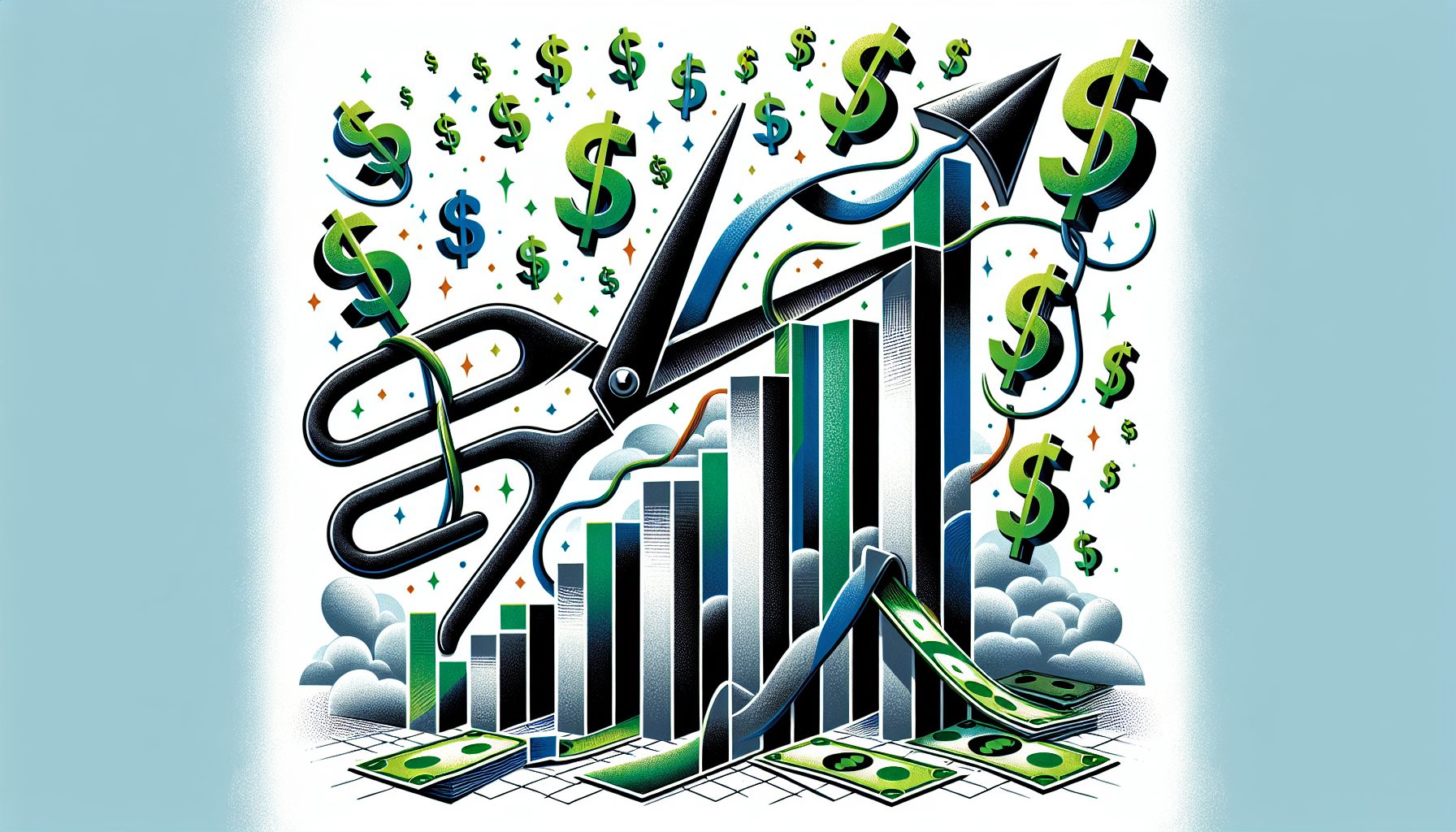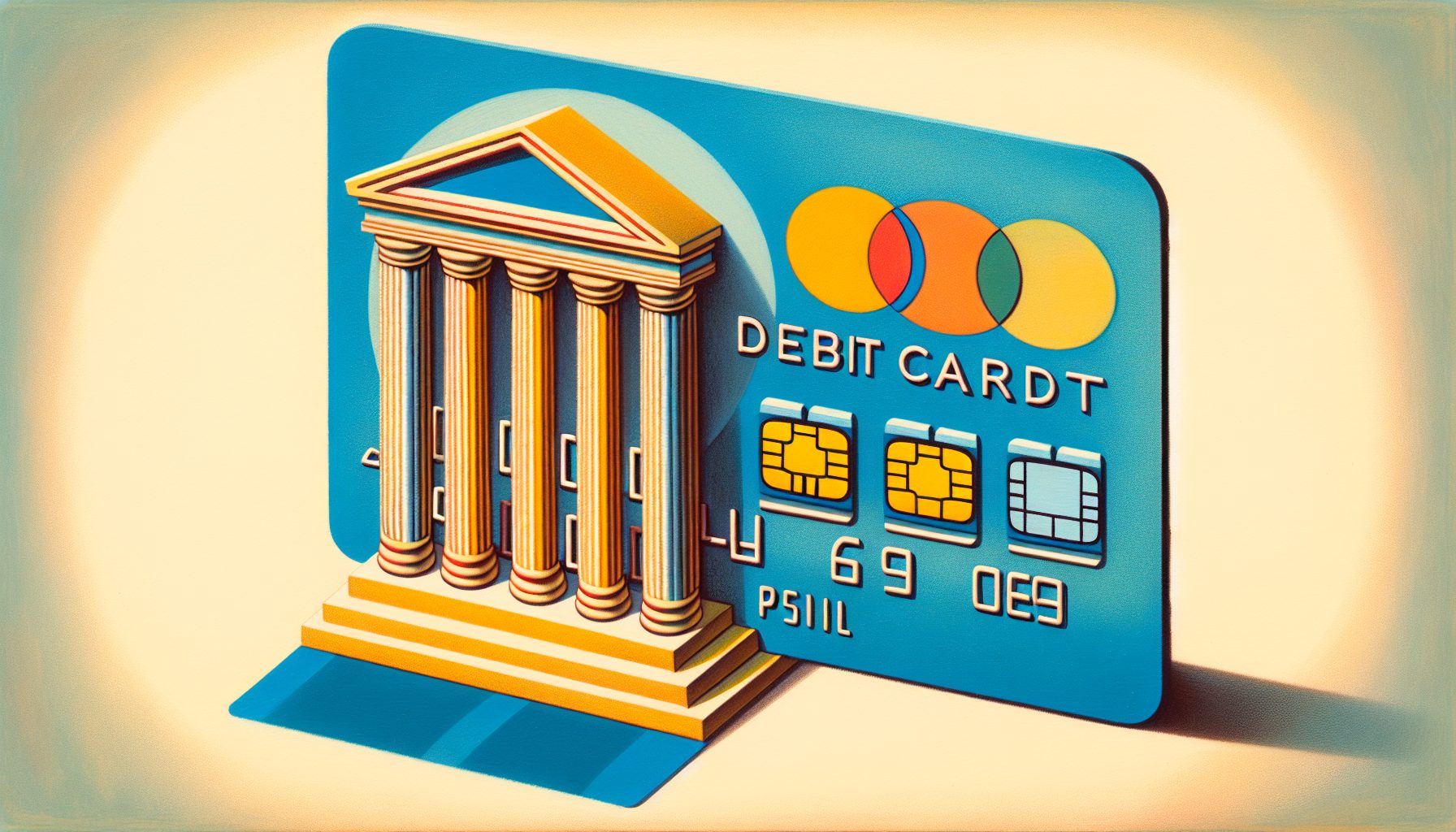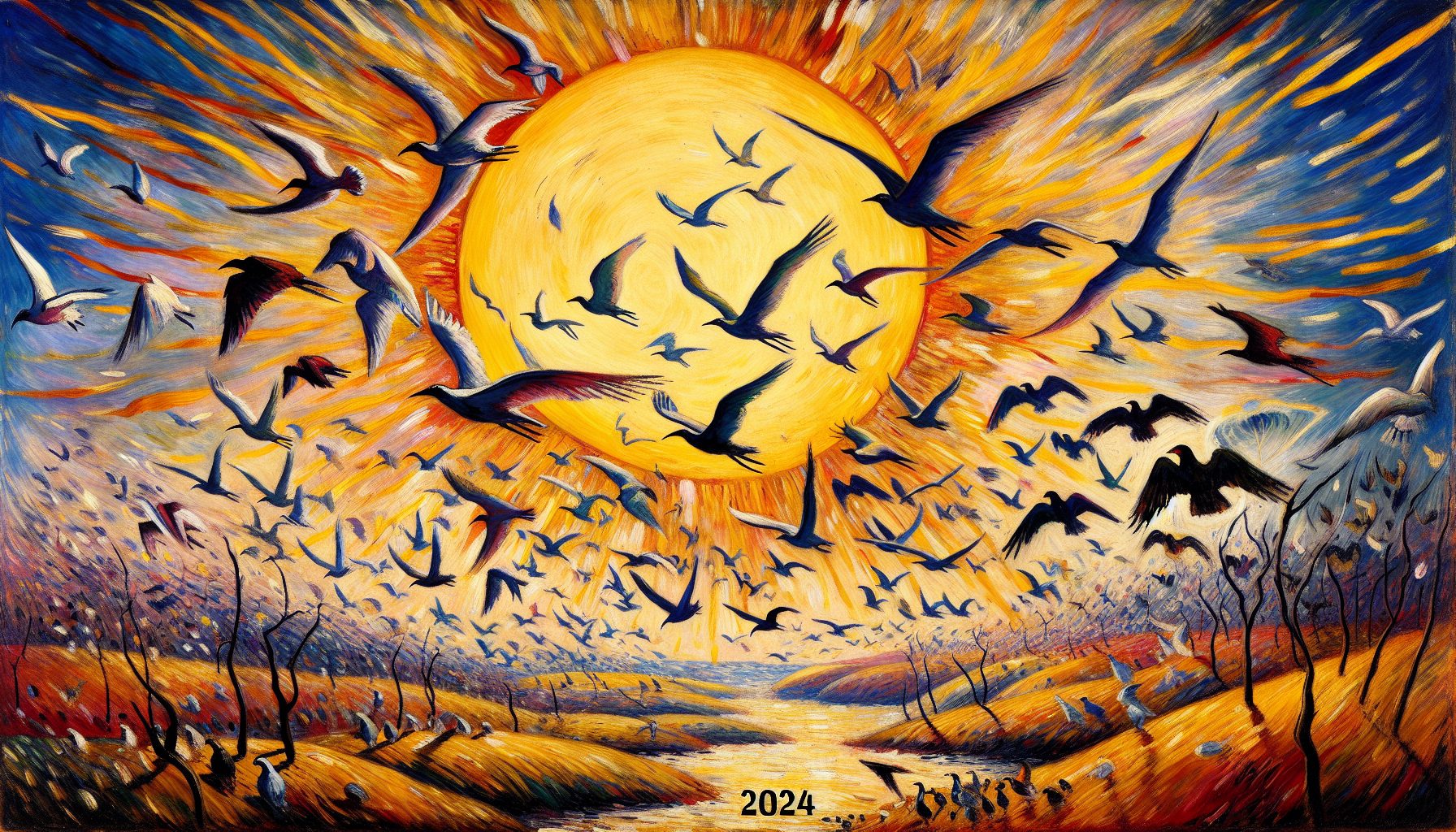Recently, a video featuring advertising professionals from dentsu, GroupM, Publicis Group, Horizon Media, IPG Mediabrands, and Havas endorsed the benefits of leveraging TikTok for business. They praised the platform’s unique algorithm, user-focused content, and diverse user base, attributing these elements to the app’s exceptional advertising reach. They believe TikTok fosters a creative environment promoting brand authenticity and triggering significant consumer action, making it an ideal platform for contemporary digital marketing strategies.
This endorsement came as a surprise amid the ongoing US congressional mandate pushing for a sell-off or outright ban of TikTok due to national security concerns with its Chinese owner, ByteDance. Critics argue that the app, and the user data it collects, falls under the influence and jurisdiction of the Chinese government, igniting a debate over its future in the American digital marketplace.
The promotional video illustrated TikTok’s powerful user engagement potential, influence on purchasing behavior, and ability to reach beyond Generation Z audiences. The video highlighted the unconventional nature of the platform, making advertising engaging due to its audio-visual and user-generated content.
Advertising leaders back TikTok amid controversies
The platform’s influence stretches over various age groups, debunking the common misconception of being a youth-centric platform. Evidence further emphasized that TikTok could be a potential disruptor in the retail landscape with its profound impact on ecommerce and shopping trends.
Regardless of suspicions that participants were paid for their support, TikTok confirmed all endorsements were organic, unbiased, and voluntary, reflecting their commitment to fostering an authentic online community.
However, critics including former FCC policy adviser Nathan Leamer, highlighted the risks associated with potential data misuse and algorithm manipulation on TikTok. Leamer cautioned businesses about the ethical implications and stressed the importance of accountability and transparency in platform operations. Despite these criticisms, the constant lure of immediate gains overshadows the potential long-term risks for many.
Concerns continue to rise as neither TikTok nor the involved agencies offered immediate responses to potential misuse risks such as interference in elections and pro-terrorist propaganda dissemination. As anxiety persists due to the entities’ silence, users await their approach to these serious issues and the assurance of safe use of the platform in the coming future.









